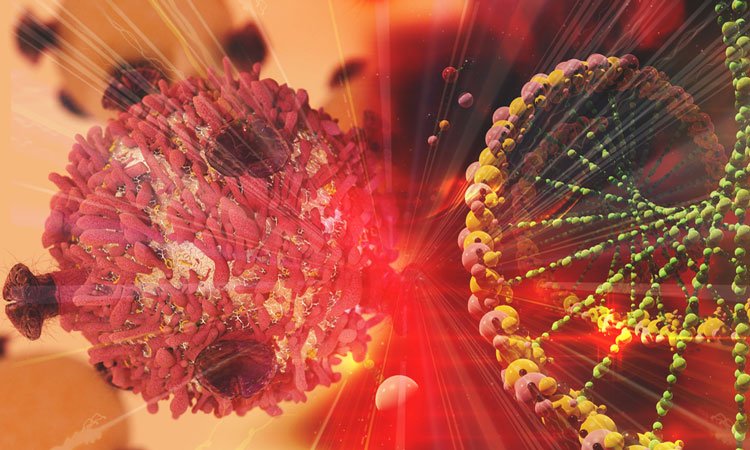Counteracting T-cell exhaustion in CAR-T cancer therapies
Posted: 27 February 2019 | Iqra Farooq (Drug Target Review) | No comments yet
Engineered T-cells that target NFAT and Nr4a proteins could help to prevent the exhaustion of T-cells during CAR-T immunotherapy…


With a growing number of cancer patients being offered CAR-T therapy, issues remain with T-cells refusing to work because of a phenomenon called T-cell exhaustion.
CAR-T therapy is where a patients own immune cells are taken from the body, and genetically engineered to better recognise cancer cells. These cells are then returned to the body, where they destroy the cancer. Despite saving lives for some people with blood cancer, T-cells that enter solid tumours could stop working properly due to T-cell exhaustion.
Researchers have shown how a family of proteins have prominent role in regulating the genes associated with T-cell exhaustion.
Scientists at the La Jolla Institute of Immunology identified the method of counteracting T-cell exhaustion, making the CAR-T therapy more effective. The study shows that Nr4a transcription factors have a prominent role in regulating genes, with mice lacking these transcription factors and treated with CAR-T therapy having smaller tumours and better survival.
Lead researcher Professor Anjana Rao, in the Division of Signalling and Gene Expression, showed through previous studies how NFAT transcription factors turned on Nr4a proteins in T-cells that would enter tumours. This study concluded that both NFAT and Nr4a proteins contribute to the exhaustion of T-cells that fight cancer.
First author of the study Joyce Chen said the research looks at how T-cells function, and they become exhausted.
“There are a lot of steps between our experiments and the clinic, but every new bit of information we discover adds to our knowledge base and may contribute to improving cancer immunotherapies,” said Chen.
The research team used conditions similar to those used to administer CAR-T cell therapies to patients to test their theory. After altering T-cells using genetic methods, the CAR-T cells were transferred into mice that were injected with tumours. The majority of the mice that received the Nr4a-deleted CAR T cells lived, with their tumours regressing.
Almost all the mice receiving ordinary CAR-T cells died by day 35.
“It is really encouraging to see that we can identify and demonstrate the function of the transcription factors that have a strong role in T cell exhaustion,” said Chen.
The study was published in the journal Nature.
Related topics
Disease research, Drug Discovery, Immunooncology, Immunotherapy, Oncology, Research & Development, Therapeutics
Related conditions
Cancer
Related people
Joyce Chen, Professor Anjana Rao



